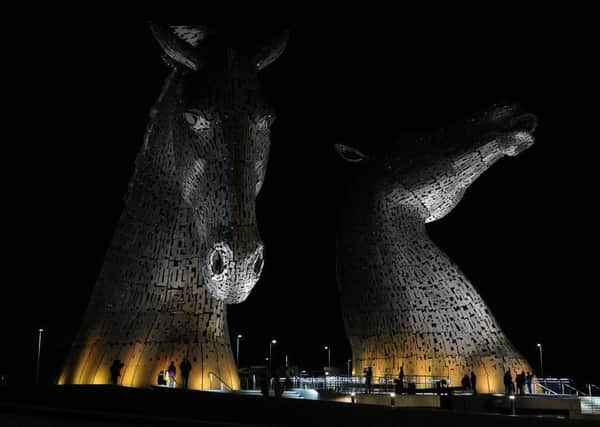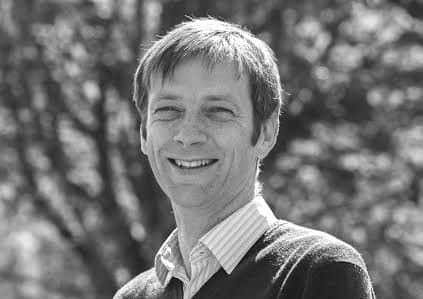Dr Sam Gardner: World embraces the dark side for Earth Hour


What started in Sydney in 2007 as a simple switch-off has grown dramatically, and expanded to reach 187 countries around the world, spanning all seven continents. To celebrate the event each year, hundreds of millions of people organise eco-inspired events and activities, and switch off their lights to show solidarity in the demand for action to ensure people and nature thrive.
Scotland has long been a forerunner in WWF’s international campaign, and was the first country to secure support from all local authorities. Last year, 165 local and national landmarks went dark, including Edinburgh Castle, The Kelpies, Eilean Donan Castle, the Forth Bridge, the Falkirk Wheel, Stirling Castle, and Clyde Arc. These were joined by the likes of the Eiffel Tower, Big Ben, the Sydney Opera House, and 3000-plus iconic buildings around the world.
Advertisement
Hide AdAdvertisement
Hide AdEach year, WWF Scotland awards prizes to the most dedicated local authorities and public bodies for their contribution to the campaign. The Earth Hour 2017 local authority champion was Glasgow City Council, which hosted fantastic events and initiatives, with Aberdeenshire Council and Highland Council as runners-up. Scottish Courts and Tribunals took the title for best public body, with Scottish Canals and NHS Greater Glasgow and Clyde awarded the runners-up plaques.


There is already an impressive number of events and activities lined up for this year’s Earth Hour, including Climate Week North East: a week-long event organised by Aberdeen City and Aberdeenshire Councils; a whole evening of activities at Kelvingrove Museum in Glasgow; a range of buildings and landmarks in Dundee being lit in green for the week running-up to Earth Hour; and East Dunbartonshire Council working to develop a sustainable school meals cook book.
There is also a host of on-the-day local activities happening the length and breadth of the country, such as illuminated cycles, stargazing and moon watching events, film screenings, and an influx of Smoothie Bikes hitting locations in several cities.
Head to your local authority website and social media channels to find out what’s happening near you. So, what’s different about this year? Well, as well as asking you to switch off your lights, we’d also love you to make a Promise for the Planet. These range from promising to use a reusable coffee cup for your morning take-away, instead of contributing to the 7 million disposables fed to UK landfill every day, or promising to become a flexitarian by switching to a more plant-based diet.
Indeed, Ariel detergent – in conjunction with another of the promises to ‘turn washing to 30°C’ – has also pledged to donate £1 for every promise made for Earth Hour 2018, joining celebrities such as Ellie Goulding, and our own tennis ace Andy Murray, in supporting our campaign. You can make your own Promise For The Planet to show you care about climate change at www.wwfscotland.org.uk/earthhour.


All these promises will help to reduce our impact on the planet. Our oceans are being suffocated by plastics, and one in six species is at risk of extinction because of climate change. Increasing temperatures threaten some of our best-loved animals, including snow leopards, sea turtles, and elephants, as well as iconic Scottish species such as bottlenose dolphins and puffins.
Warming climates are causing their habitats to change in ways that reduce feeding and breeding grounds, and increase the likelihood of dangerous human interaction.
Recent shows such as BBC’s Blue Planet II and Big Cats have had a big impact on the public’s understanding of how we’re causing many of the problems facing the planet, but we can also be part of the solution. As well taking action as individuals, we need governments to play their part. We hope that in 2018, the Scottish Government will seize the opportunity to introduce a Climate Bill which sets a target to end our contribution to climate change by 2050, and introduces bold new policies in transport, housing and agriculture. We’re working to make Earth Hour 2018 another big success, but we need your help. Get involved today, and be part of this global movement to protect our planet.
Dr Sam Gardner, acting director of WWF Scotland